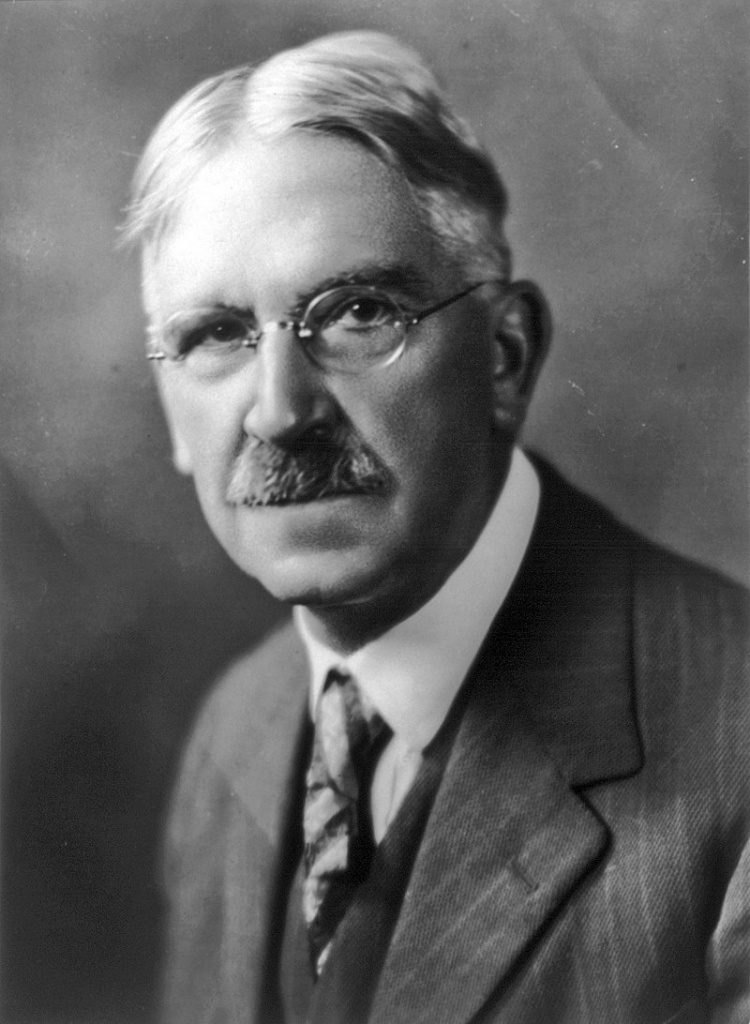
John Dewey (1859-1952) was an American philosopher and educational reformer known for his contributions to the philosophy of education. Dewey, widely considered amongst the greatest academic minds of his generation, is revered as for having an impact on modern thinking.
He was a prolific writer, with over 1,000 books, essays, and articles to his credit. Over the span of his 65-year writing career, he demonstrated a versatile and progressive understanding of topics such as education, art, nature, philosophy, psychology, religion, culture, ethics, and politics. Notably, Dewey's works w characterized by his profound belief in democracy and the consistent affirmation thereof.
In the early 20th century, he was renowned as an early proponent of pragmatism in schooling, a practical approach to problem solving. He believed that education worked best when it emphasised the importance of experiential learning and its direct relevance to the lives of the students. He said: ‘"School must represent present life... as real and vital to the child as that which he carries on in the home and in the neighborhood"[1].
In his ideal, curricula needed to be structured beyond factual learning and methodologies, around a fundamental aim to guide and prepare young minds into becoming informed, engaged and conscientious members of a democratic society.
Many of Dewey's key principles about educational reform were laid out in his 1899 essay, 'The School and Society.' The old school model of memorizing, reciting, and sitting in rows was outdated, and encouraged passivity and compliance in pupils, best suited for creating docile workers for an authoritarian workplace. Rather than passively observing, Dewey believed that students should instead be encouraged to take an active role in the learning process.